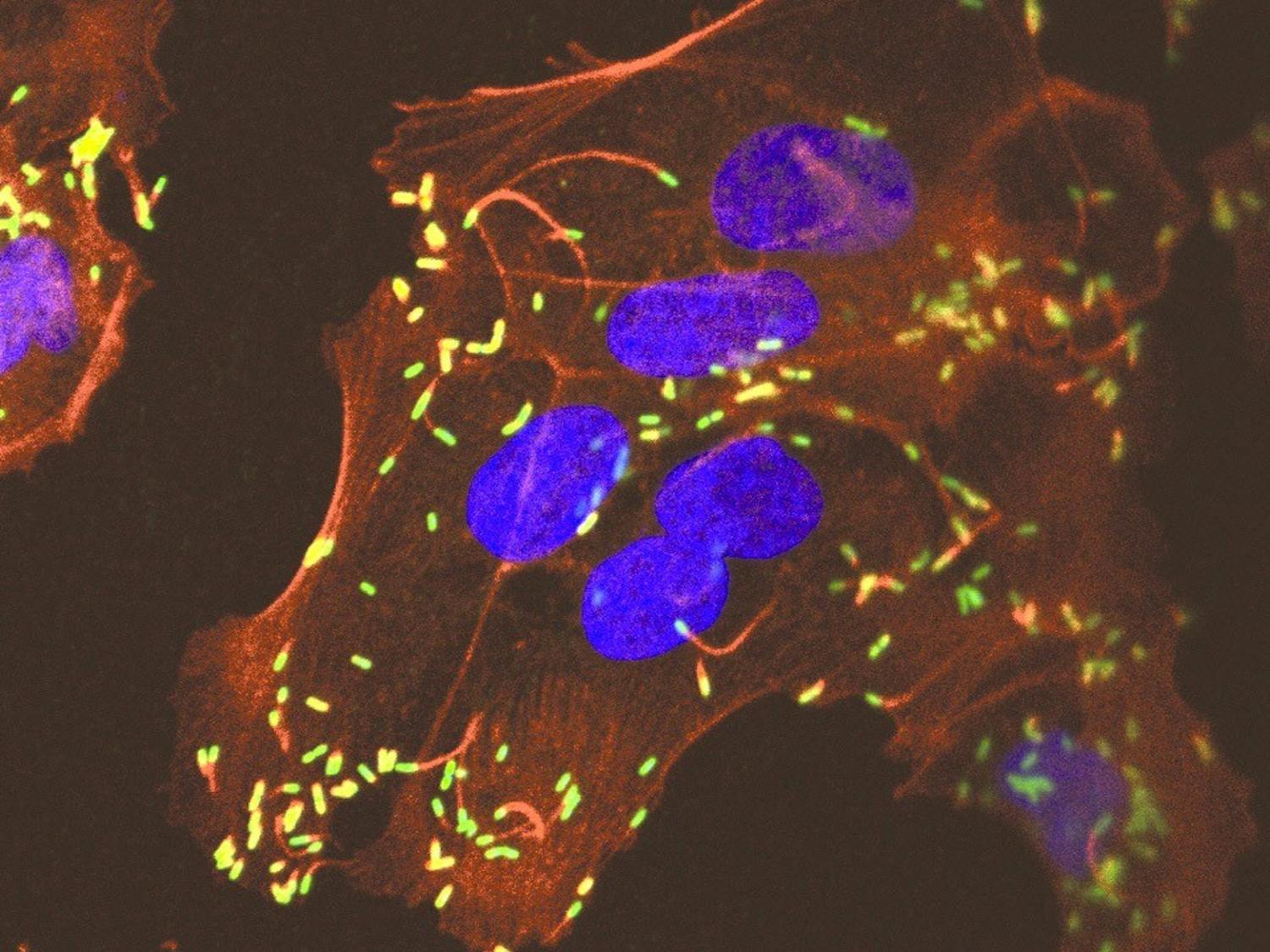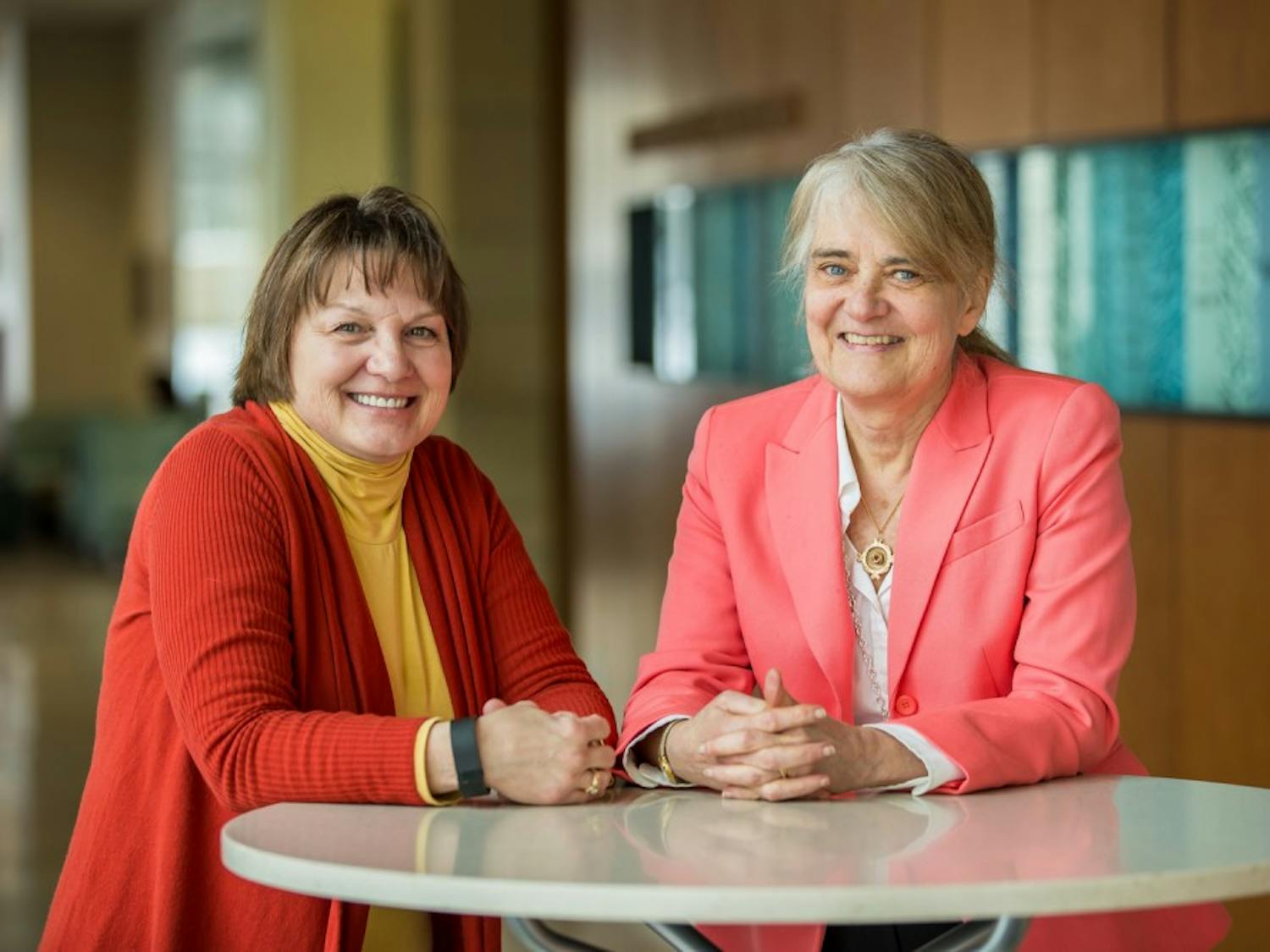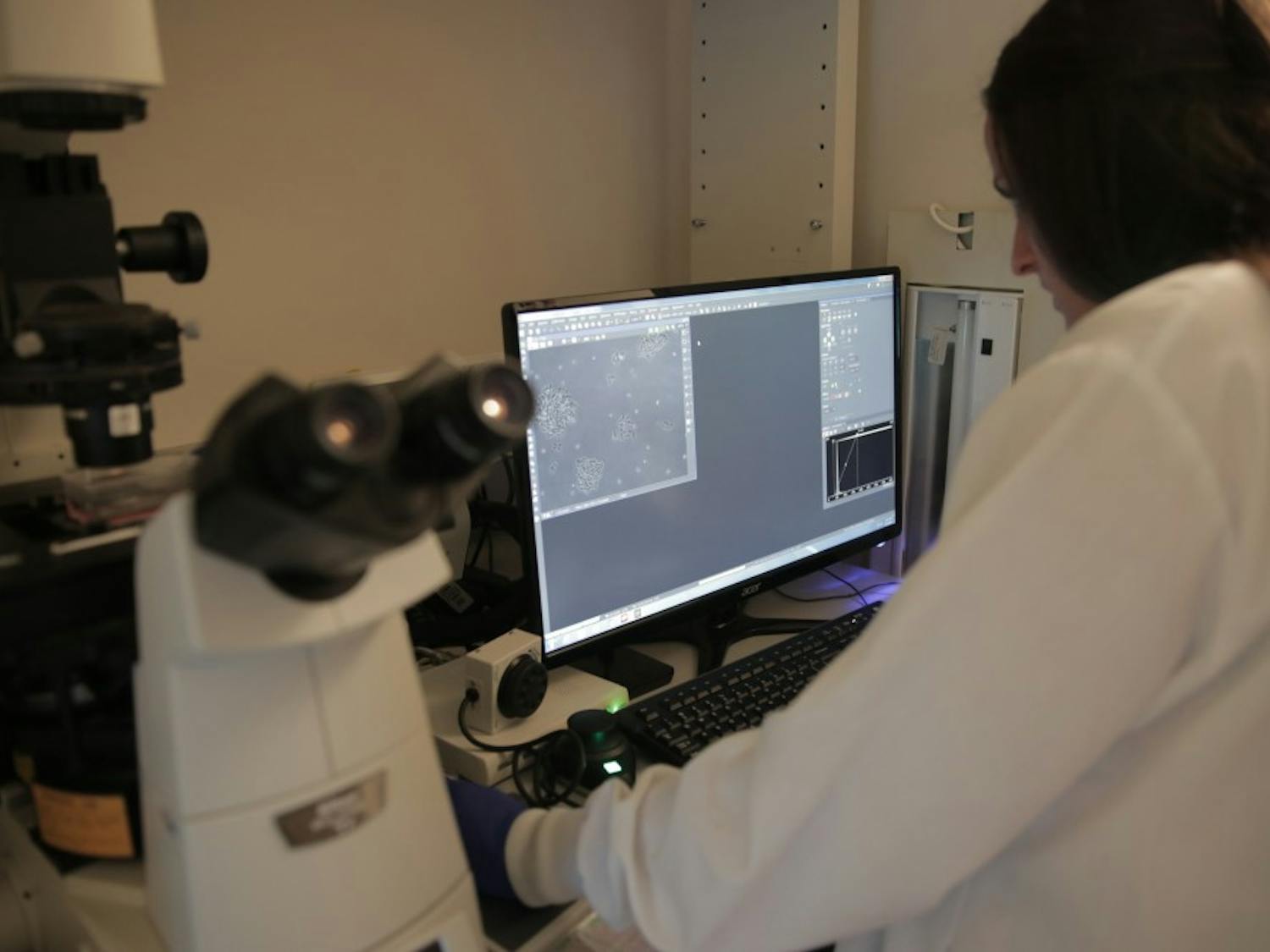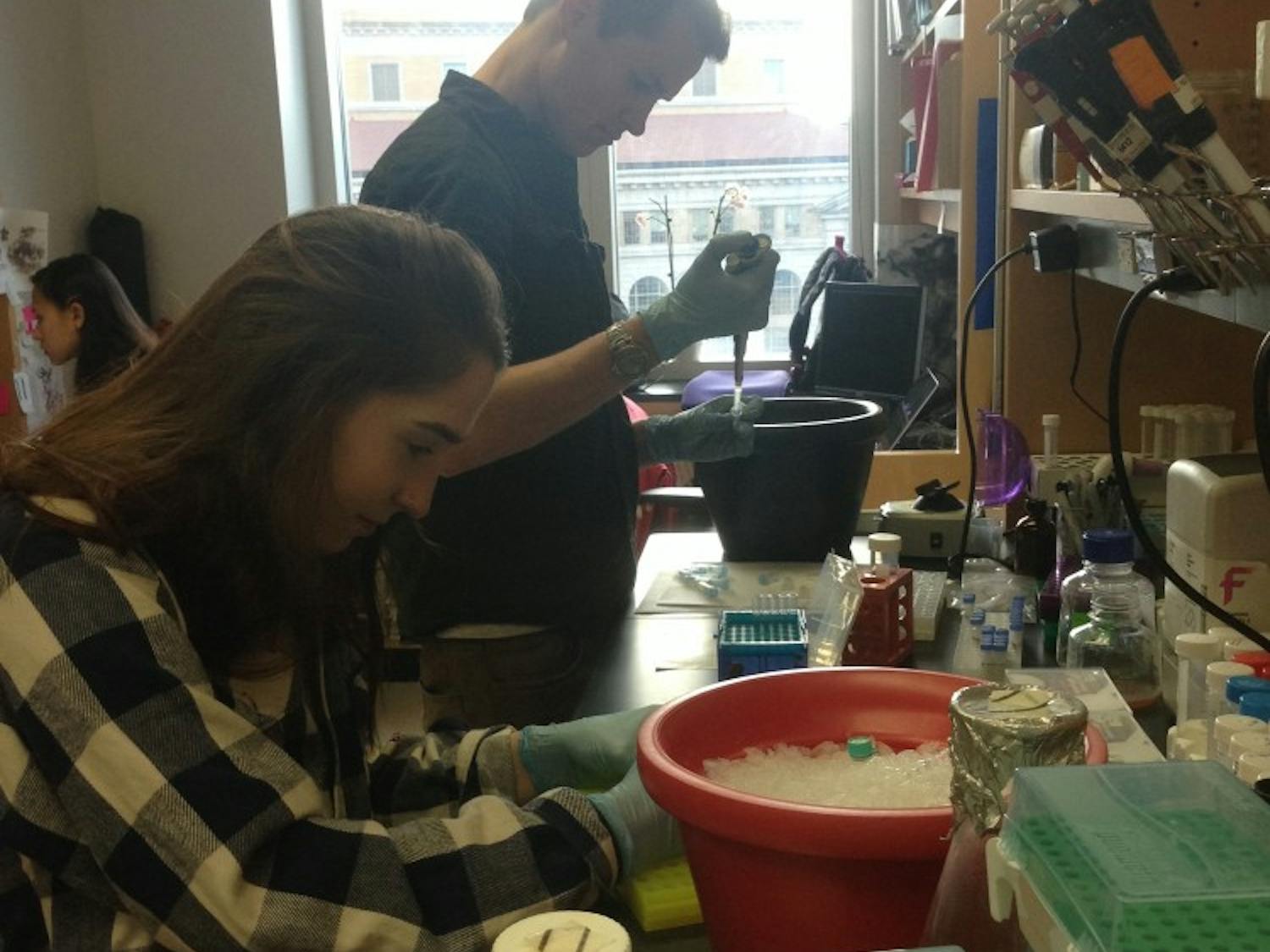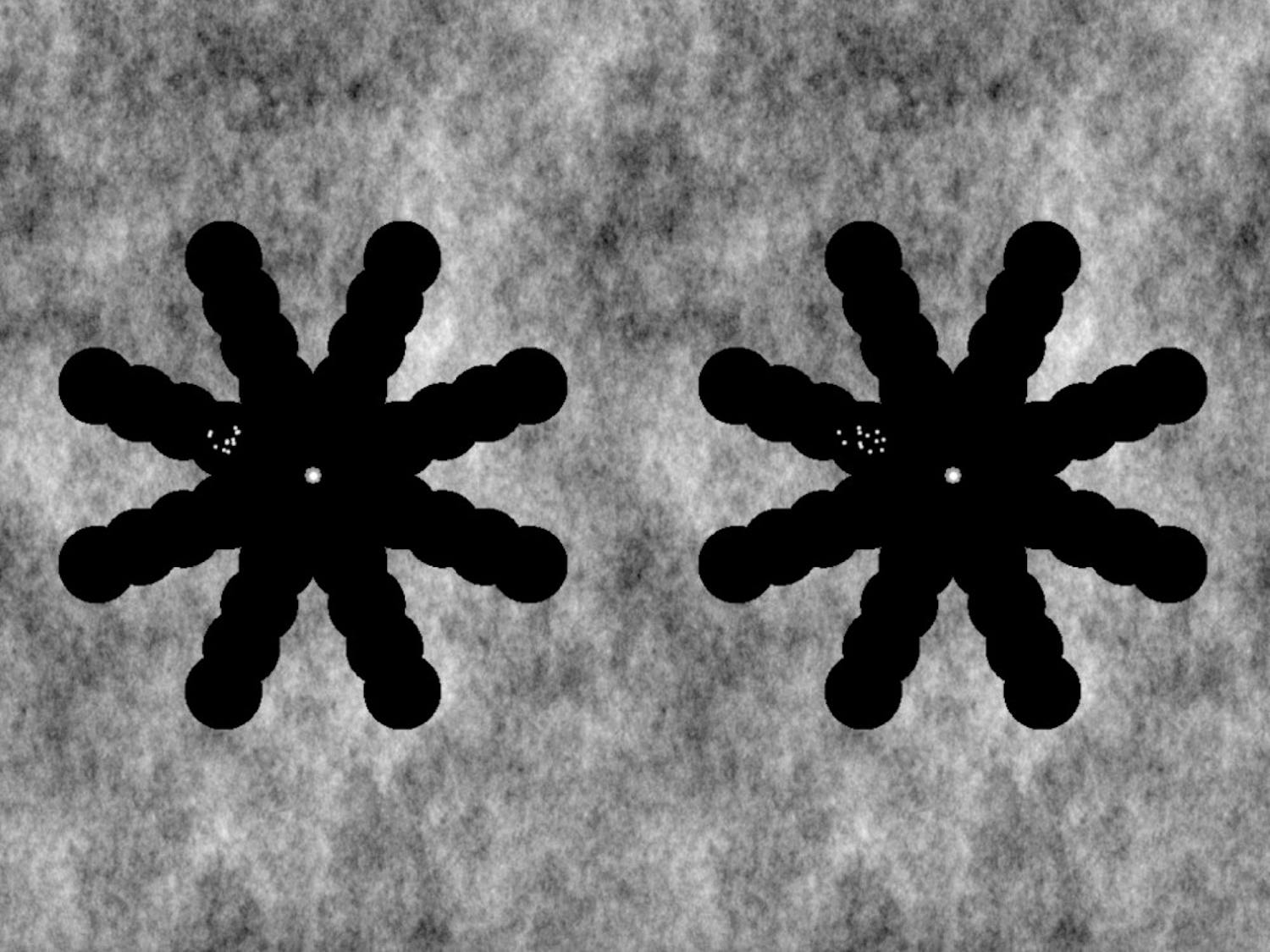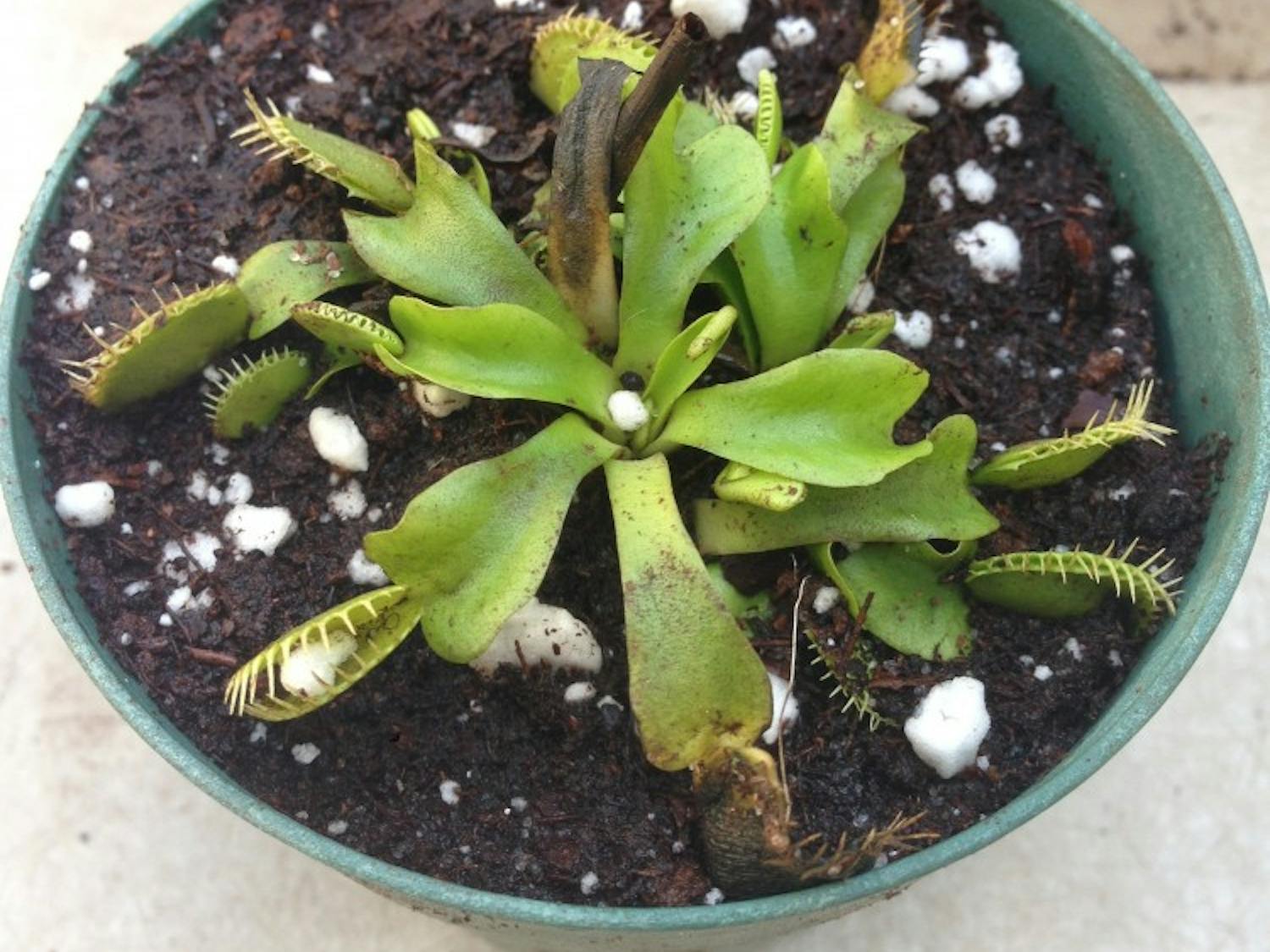Cheaper, more sustainable way to produce plastic precursors
By Yingshan Deng | May. 1, 2017Scientists and engineers at UW-Madison developed an economically feasible process to synthesize a possible substitute for petroleum-derived chemicals from non-edible biomass. This substitute, called 1,5-pentanediol, is a type of alpha, omega-diol that has two alcohol groups attached at the beginning and the end of a long carbon chain, which is mostly synthesized as a byproduct of other commercially produced diols. The research was published this April in the journal, ChemSusChem. “We hope to be able to make larger quantities and volumes and be able to put it in the applications that are currently used for other molecules,” said Zachary Brentzel, a graduate research assistant in college of engineering at UW-Madison and the first author of this paper.


